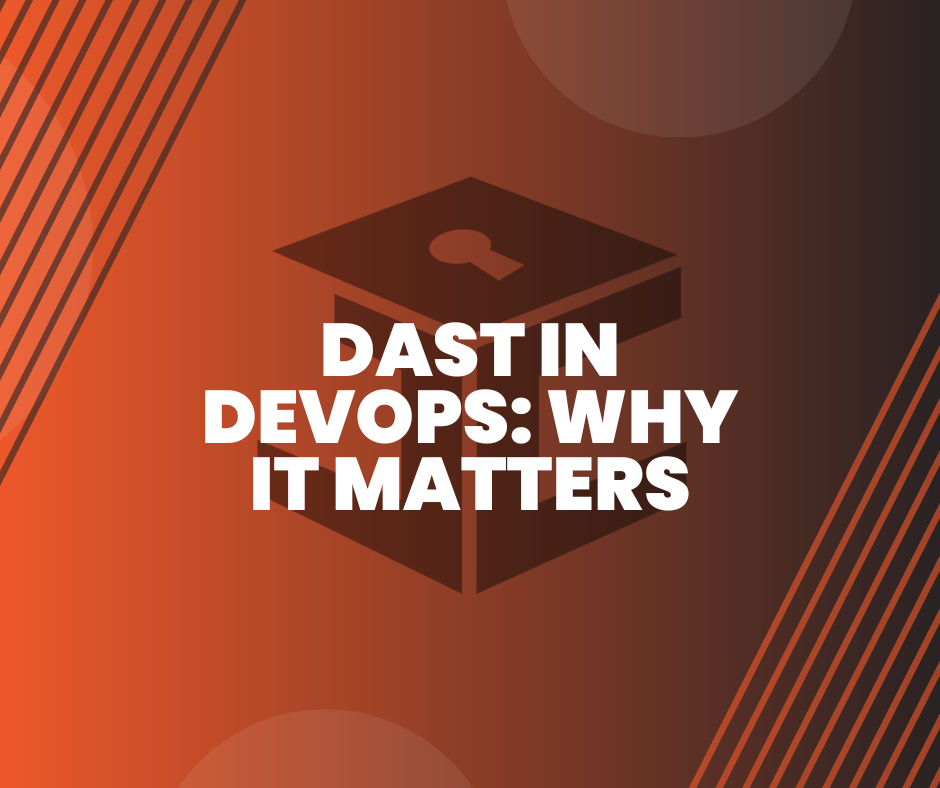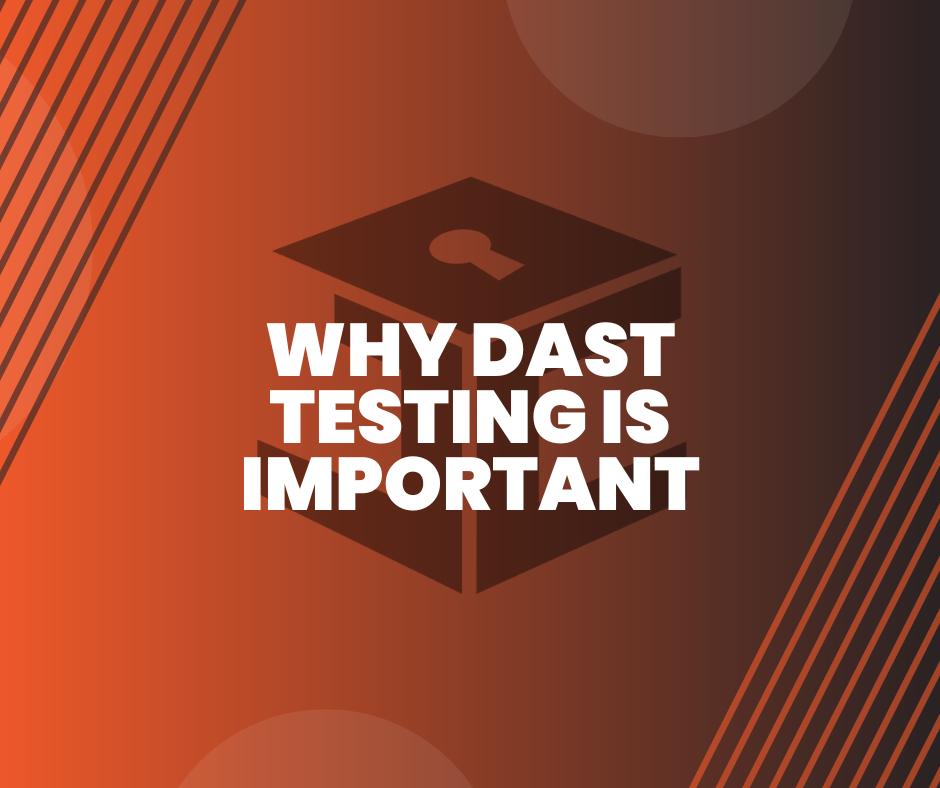What is Endpoint Security?
Endpoint security is the practice used to secure end-user endpoints and/or entry-user entry points for devices such as laptops; tablets; mobile devices; smart devices (such as TV or watches); printers; infrastructure (such as servers) and card machines from being exploited by malicious threat actors - with the goal of removing all possible vulnerabilities and ensuring minimal business disruption.
Having evolved from traditional antivirus software, endpoint protection now provides comprehensive protection from sophisticated malware and evolving
zero-day threats while also being able to cover cloud-based systems.
Endpoint security is often referred to as one of the basics of cyber security and represents one of the first places organisations look to secure. With Cyber Security becoming more important by the day, especially with the COVID-19 lockdown and restrictions, businesses of all sizes have found a larger need for more advanced endpoint protection solutions as many staff have shifted to
working remotely from home.
Why Endpoint Security?
Data is extremely valuable – the only reason we give away our personal data is because those who we provide access are those who we trust. However, if our sensitive information were to be accessed, modified, or deleted by unauthorised threat actors, we run in to major problems. That’s exactly why organisations make use of technical security controls such as Endpoint Security: to ensure on-going compliance with the CIA Triad (Confidentiality, Integrity, and Availability).
What is the CIA Triad?
The CIA triad is one of the most established models for security and policy development among organisations around the world. The aim of the CIA triad is that it allows businesses to develop internal security whilst following a global standard security model. By having a set baseline in terms of having the necessary procedures and documentation ensures that businesses have a bare minimum regarding their security-posture.
The CIA triad is made up of three parts:
- Confidentiality - information is stored privately and those who do have access are authorised users.
- Integrity – how data is handled internally to ensure that it remains accurate.
- Availability - data, information and resources are readily available to the correct people with the correct access when required
For more information about the CIA Triad, check out our dedicated
blog post.
Every organisation grows at a different rate than another. Therefore, there is never a set list of rules to follow regarding protecting both entry and end point vulnerabilities. Due to this, endpoint security remains a constant importance for businesses as the threat of a breach is always possible. Every new member of staff, every new laptop purchased, and every online account created generates a new possible entry point for threat actors looking to gain access to your network.
As if that wasn’t complicated enough, there’s still the fact that hackers across the globe are also coming up with new ways to penetrate systems every day. Having the appropriate cyber security team in place with the necessary experience, qualifications and certifications isn’t always possible, especially for
smaller businesses.
How JC Cyber Security Can Help
We understand that it isn’t easy managing a business while trying to protect yourselves and your stakeholders from constant cyber-threats. There’s always a difficult decision-making process where decision makers within organisations must decide between incorporating high-level, sophisticated cyber security protection or employing a different employee who can help the workload in other departments.
To counter this, we at JC Cyber Security have created the first monthly Cyber Security
Protection Plan to help businesses of all sizes make their first cyber security steps – to defend their business, protect their customers and data, and become cyber secure.
Protection Plan Process
Speak with a Cyber Expert
Communicate your needs and concerns and a cyber security expert will recommend the best cyber security solution for your business. This stage is strictly consultation, you are not committing to a plan - this time will be used to ensure that your business receives the best possible support.
Implement Protection
After agreeing upon the best possible plan for your business, the cyber solutions included in your plan will be implemented into your systems, services, devices etc. This is where the necessary testing and reporting will identify any known or unknown vulnerabilities.
Identify Further Weaknesses
Results from the implementation process will be presented back to your business and used to confirm already known vulnerabilities and identify any unknown areas within the organisation that are also at risk. If further vulnerabilities are identified, further solutions will be recommended.
Other security controls on offer within our protection plans include:
Remote Support
24/7 Phone and email communication channels provided to provide reassurance and assistance.
Assists business with realising the true impact of a security breach. identifies vulnerabilities, weaknesses.
Ensures your business network is secure and protected from external malicious threats. It also can protect remote working users.
Wi-Fi and Network Security
Ensures your Wi-Fi air space and network infrastructure are securely configured.
Although there are pre-set protection plans, we are also able to offer bespoke plans that specifically fit your business’ needs and requirements. If you are interested to see how a JC Cyber Security Protection Plan can help your business, get in touch with one of our Cyber Experts today and we will be happy to assist you.
Basic Protection Plan
Endpoint Protection
Mobile Threat Defence
24*7 Vulnerability Management
Email Protection
Remote Support
£40.00
* user Per month
Total Protection Plan
Endpoint Protection
Mobile Threat Defence
Email Protection
24*7 Vulnerability Management
Managed Firewall
Daily Vulnerability Assessments
Remote Support
£80.00
* User Per month
Elite Protecion Plan
Endpoint Protection
Mobile Threat Defence
Email Protection
24*7 Vulnerability Management
Daily Vulnerability Assessments
Managed Firewall
Quarterly Penetration Tests
Remote Support
£105.00
* User Per month
How Endpoint Security works
Today’s endpoint protection systems are designed to quickly detect, analyse, block, and contain attacks in progress. To do this, they need to optimally collaborate with each other and with other incorporated security technologies to give administrators visibility into advanced threats. As a result, this will speed detection and remediation response times.
EPP (Endpoint protection platforms) examine files as they enter the network. Additionally, by using the cloud, Modern EPPs attempt to collate and hold an ever-growing database of threat information, so that information is not stored locally (risk of being lost), and the maintenance cost involved is as low as it can possibly be. The purpose of an ever-growing database is so that information is more accessible.
EPP allow for remote access once a centralised administration console has been installed on the intended network server/gateway. The benefit is that if any issues were to arise, those who are responsible for managing the platform and your network don’t want anytime having to travel on-site. Once the endpoint platform has been set up, any identified issues will be flagged on the system and any required updates can be installed, authentication tested, and policies enforced.
Endpoint security components
Typically, endpoint protection software includes the following key components:
- Advanced antimalware and antivirus protection to protect, detect, and correct malware across multiple endpoint devices and operating systems
- Insider threat protection to safeguard against unintentional and malicious actions
- Proactive web security to ensure safe browsing on the web
- Machine-learning classification to detect zero-day threats in near real time
- Integrated firewall to deny hostile network attacks
- Email gateway to block phishing and social engineering attempts targeting your employees
- Data classification and data loss prevention to prevent data loss and exfiltration
- Actionable threat forensics to allow administrators to quickly isolate infections
- Centralized endpoint management platform to improve visibility and simplify operations
- Endpoint, email, and disk encryption to prevent data exfiltration
Follow Us
Be the first to know
You might also like






